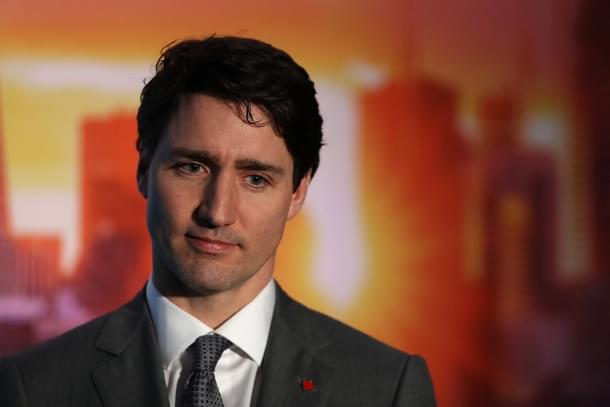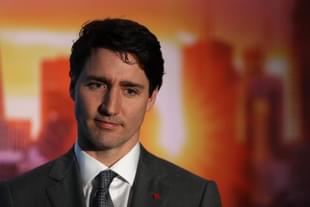News Brief
Canada Braces For Political Instability As NDP Leader Jagmeet Singh Ends Coalition Agreement With PM Trudeau
Kuldeep Negi
Sep 05, 2024, 10:05 AM | Updated 10:05 AM IST
Save & read from anywhere!
Bookmark stories for easy access on any device or the Swarajya app.


Canadian Prime Minister Justin Trudeau’s coalition partner has withdrawn support for his Liberal government, leading to political uncertainty in the country and increasing the possibility of a snap election.
Jagmeet Singh, leader of the New Democratic Party (NDP), posted on social media on Wednesday, declaring the end of the 2022 agreement with Trudeau to support the minority Liberal government.
“Today I notified the PM that I have ripped up the supply and confidence agreement,” he said on X, using the term for co-operation in a parliamentary coalition.
With Singh’s announcement, Trudeau’s government loses its automatic majority in Canada’s 338-member parliament, making it susceptible to a potential vote of no confidence that could terminate the Liberal party’s nine-year reign in Ottawa.
Trudeau appeared to downplay the threat on Wednesday.
“An election will come in the coming year, hopefully not until next fall, because in the meantime, we’re going to deliver for Canadians,” he told reporters.
Although the NDP’s 24 members will now evaluate each issue before supporting the Liberals on a vote-by-vote basis, this shift does not immediately result in a snap election or a no-confidence vote.
However, this development casts more uncertainty over Trudeau’s future as Liberal leader, especially as his party prepares for a federal election scheduled for October 2025. The Liberals have been in power since 2015.
Trudeau’s popularity has sharply declined in recent months due to a cost of living crisis caused by rising housing prices and inflation.
Singh called the upcoming election “a battle for the middle class” and predicted that Trudeau is at risk of losing to the Conservative Party and its leader Pierre Poilievre, who currently holds a 17-point lead in the polls.
Canada’s federal parliament in Ottawa is divided into four parties: the Liberals control 154 seats, the Conservatives 119, while the Bloc Québécois holds 32 seats, making it the third-largest party. The NDP’s 24 seats place it as the fourth-largest party.
Kuldeep is Senior Editor (Newsroom) at Swarajya. He tweets at @kaydnegi.





